Anglo-Maribo Seed Co.
Sugar Beet Breeding
The small village of Potterhanworth hosted a company that was at the forefront of innovation in the breeding, development and production of sugar beet varieties.
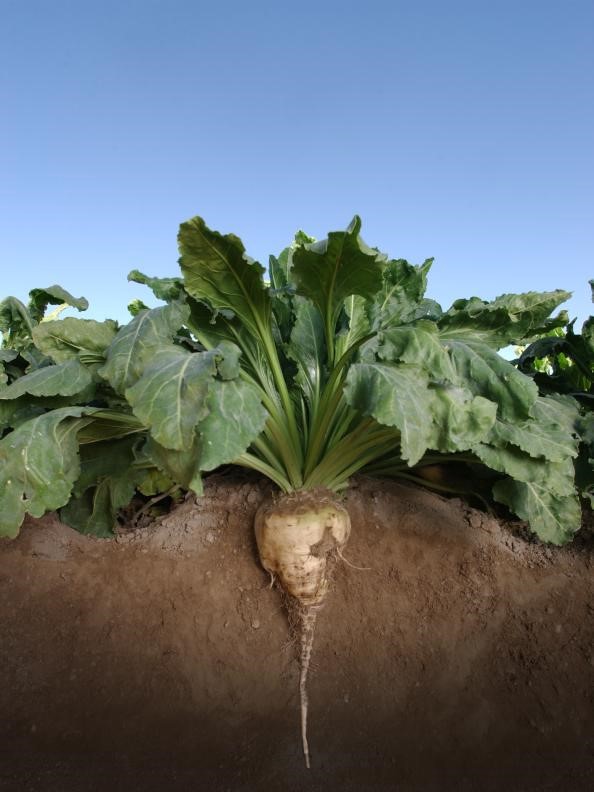
A typical sugar beet
Battle's Seeds (1930-1955)
Theo Battle and his twin brother Eric inherited the family farm in Potterhanworth but it would not support both families, so Theo ran the farm and Eric joined the British Sugar Corporation. In about 1930, in order to diversify, Theo started up as an agent for Gebrüder Dippe AG in Quedlinburg, importing sugar beet seed from Germany. The war ended this arrangement and Theo Battle set up his own sugar beet breeding station at Potterhanworth, using facilities for analysis at Bardney sugar factory.
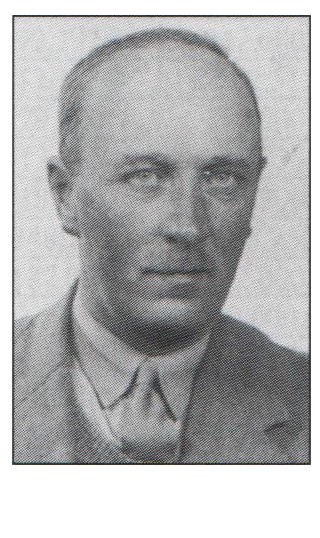
Theo Battle
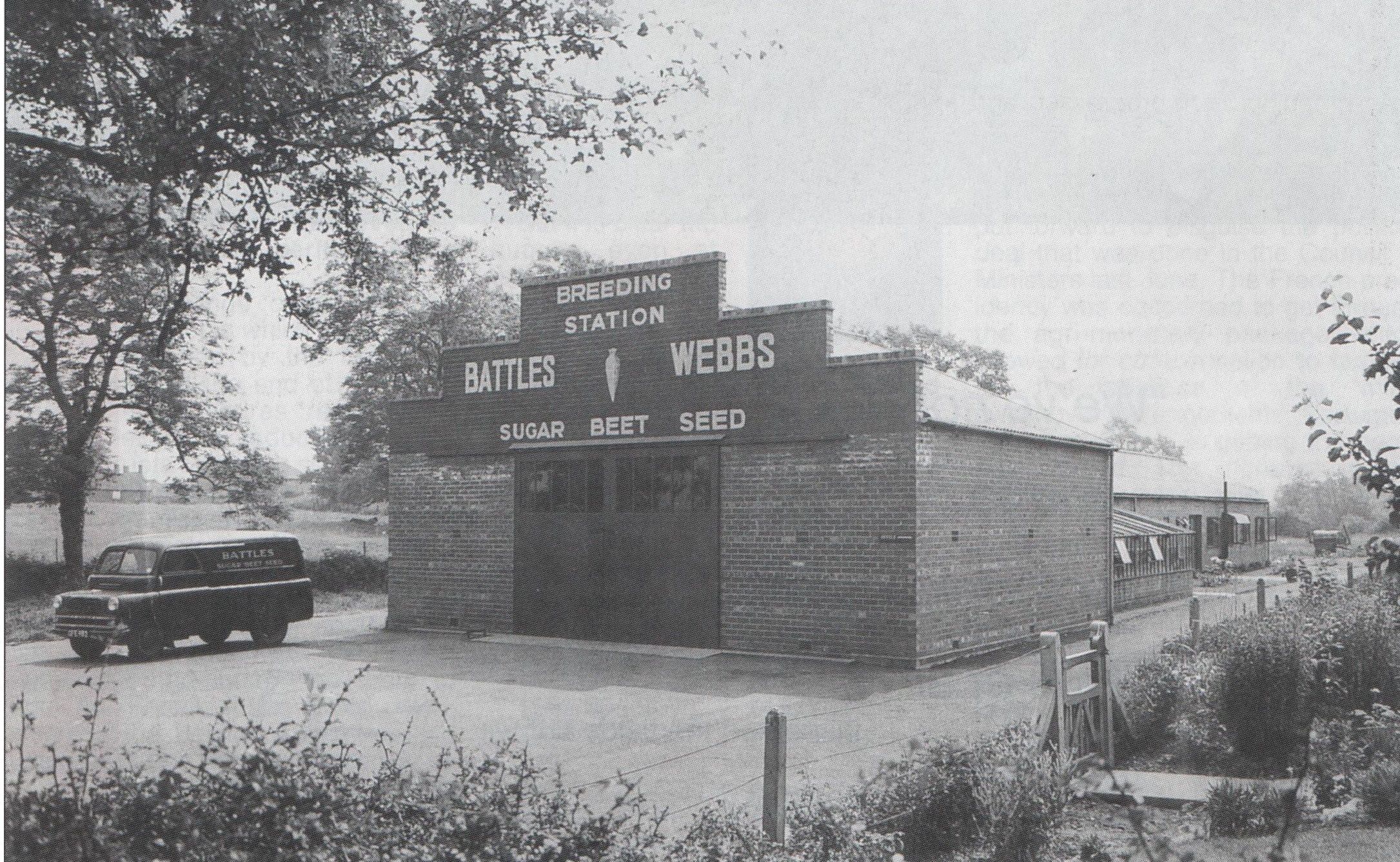
The first breeding station
In 1943 John Ridge was employed as a breeder who reorganised the breeding and expanded seed production and marketing. The demand for sugar beet varieties increased requiring specialised facilities, so a breeding station, laboratory and seed store were built. At this time samples of the new monogerm seed were acquired which required an expansion of facilities and expertise.
.cc76e6a9.jpg)
John Ridge inspecting a seed crop (M.D. 1955-1979)
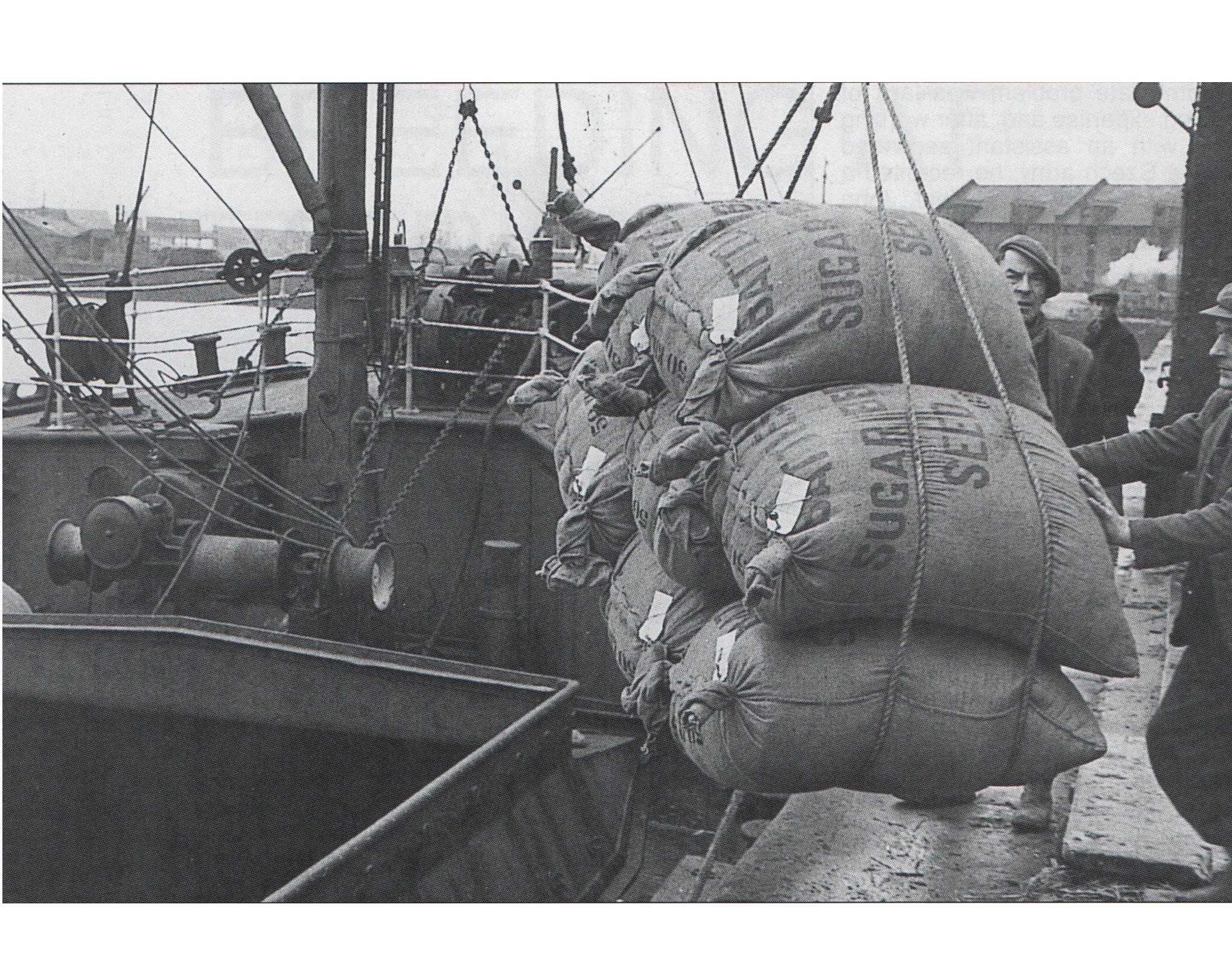
Loading sugar beet seed at Boston docks for export to Ireland
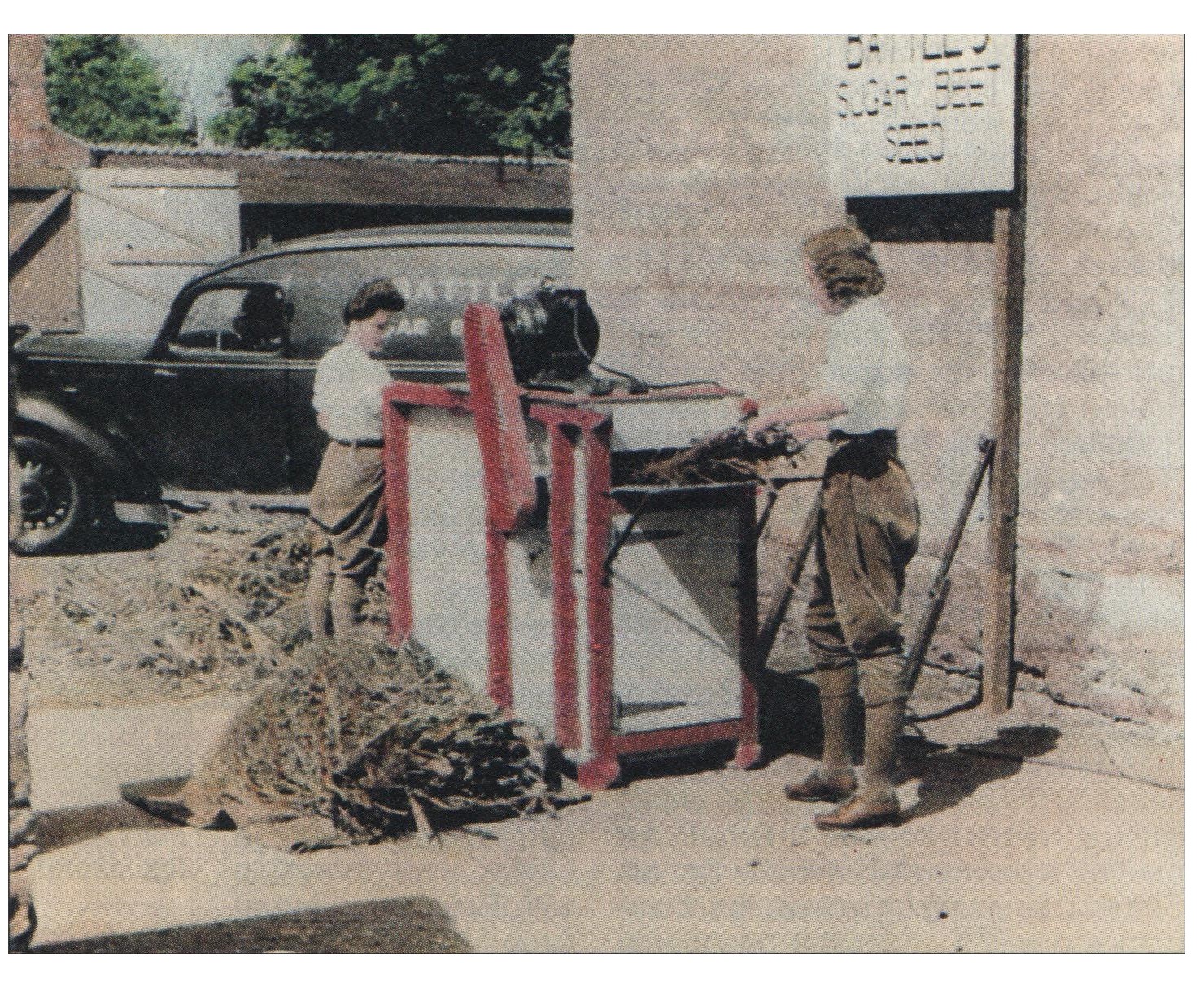
Threshing small quantities of seed
Battle & Webb (1955–1961)
The Battles joined forces with Edward Webb & Sons in 1955, a well-established seed business in Stourbridge, forming the company Battle & Webb. At this point Tony Hawkins, a breeder, came from Webbs to expand the breeding programme. John Ridge was made Managing Director and Rodney Mills joined the company as Seed Production Manager. Breeder Tony Hawkins worked on breeding both traditional multigerm and mongerm varieties.
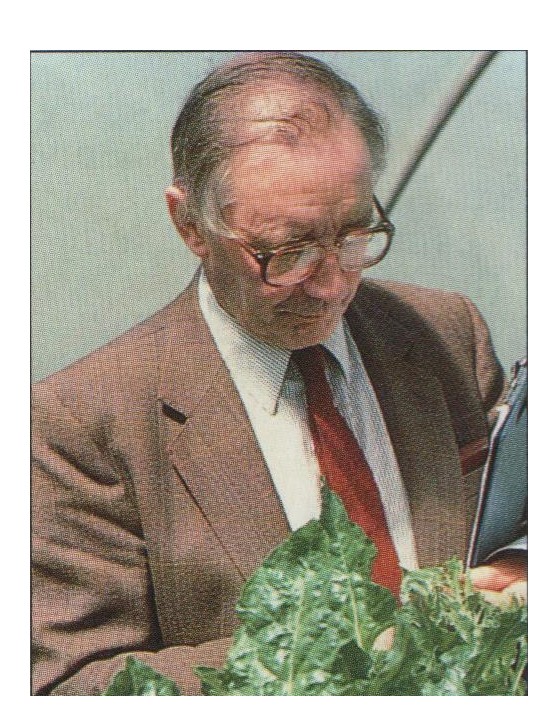
Sugar beet breeder Tony Hawkins
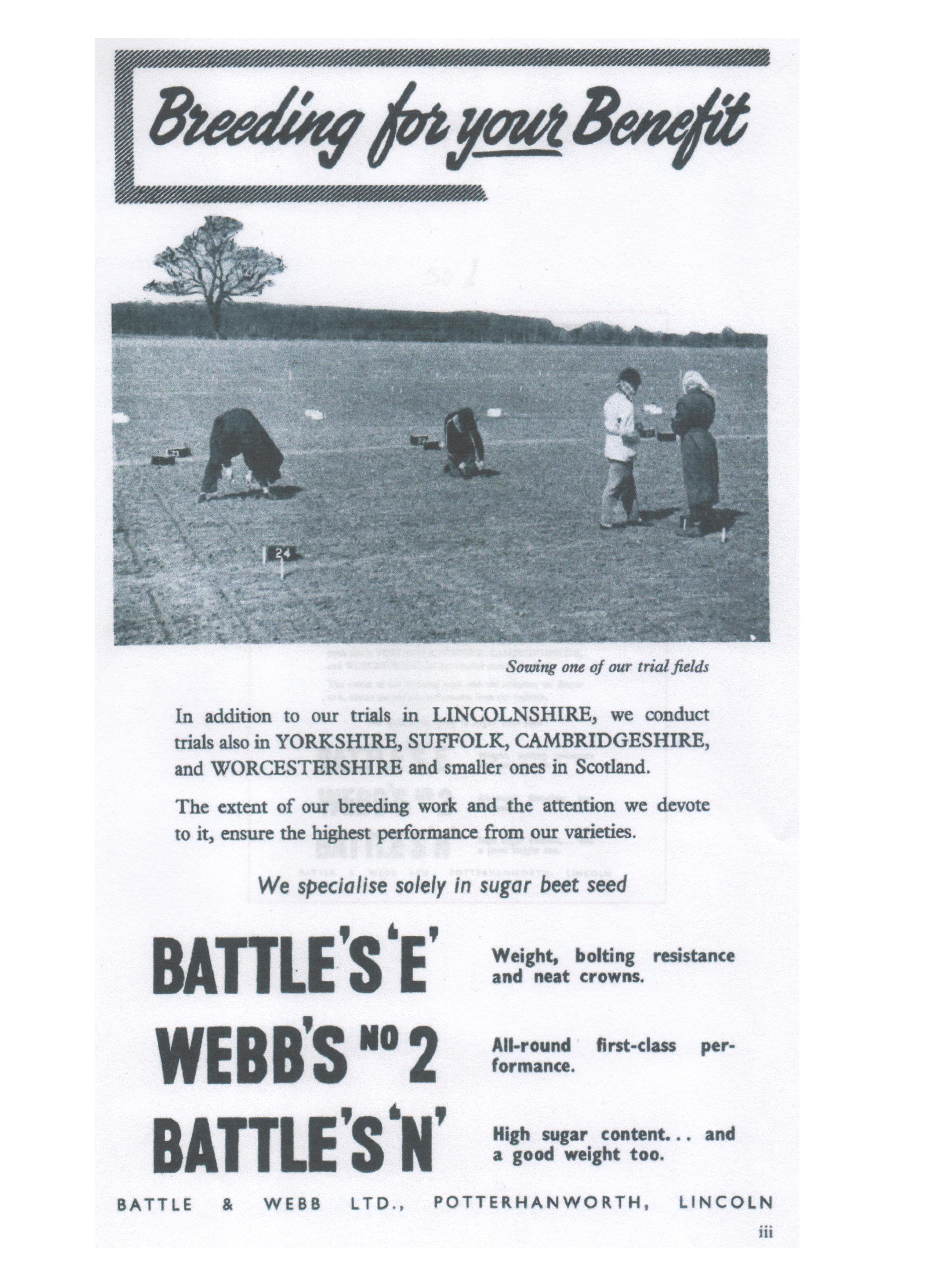
Battle & Webb poster advertising sugar beet seed varieties
Anglo Maribo Seed Co. (1961-1983)
In 1961 further expansion of facilities and market was required and a partnership was made with the Danish Sugar Company (De Danske Sukkerfabrikker, DDS) which had a breeding station at Maribo, a town in Lolland municipality in Region Sjælland on the island of Lolland in south Denmark – the new company being called Anglo Maribo Seed Co.
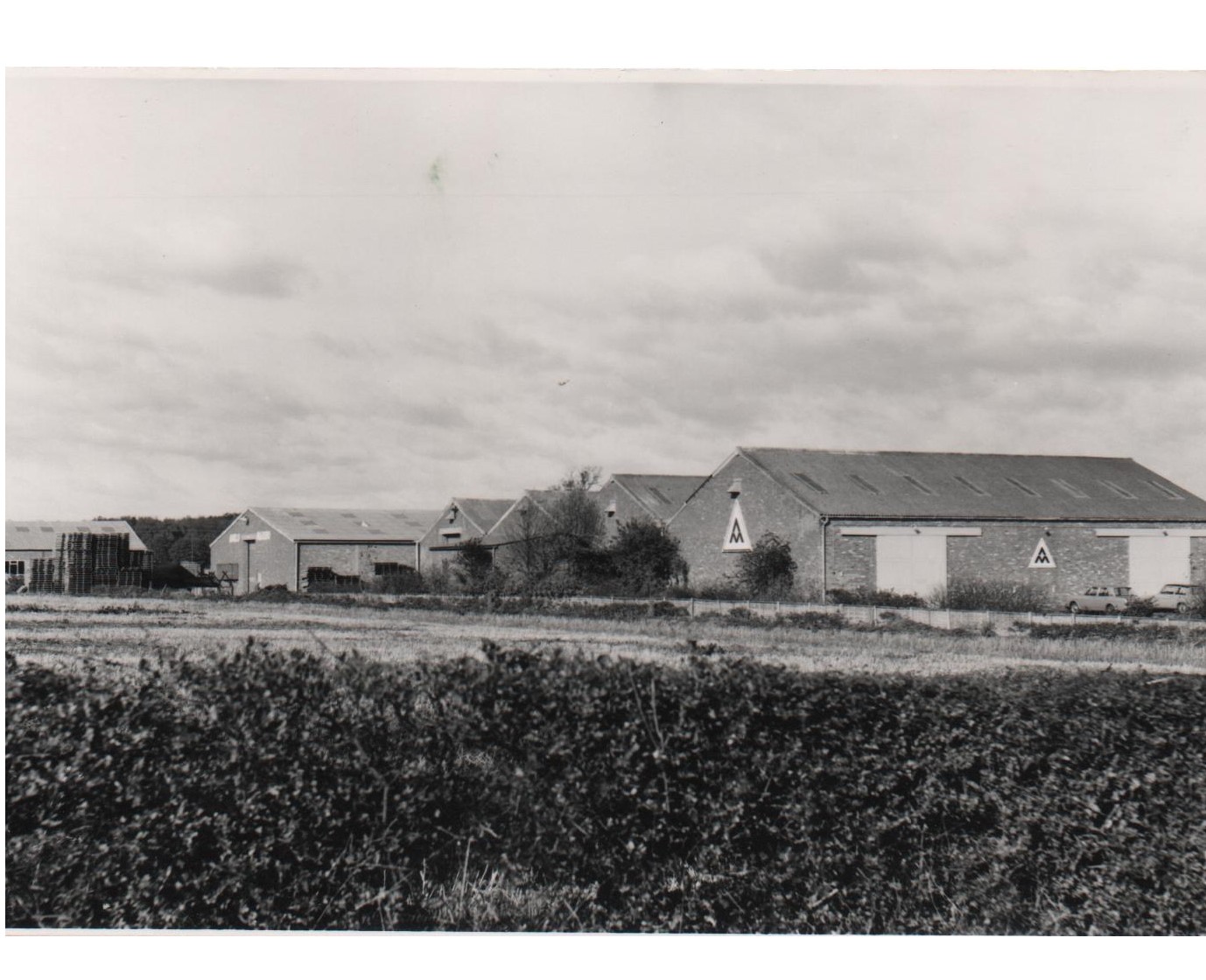
Seed processing warehouse c 1975
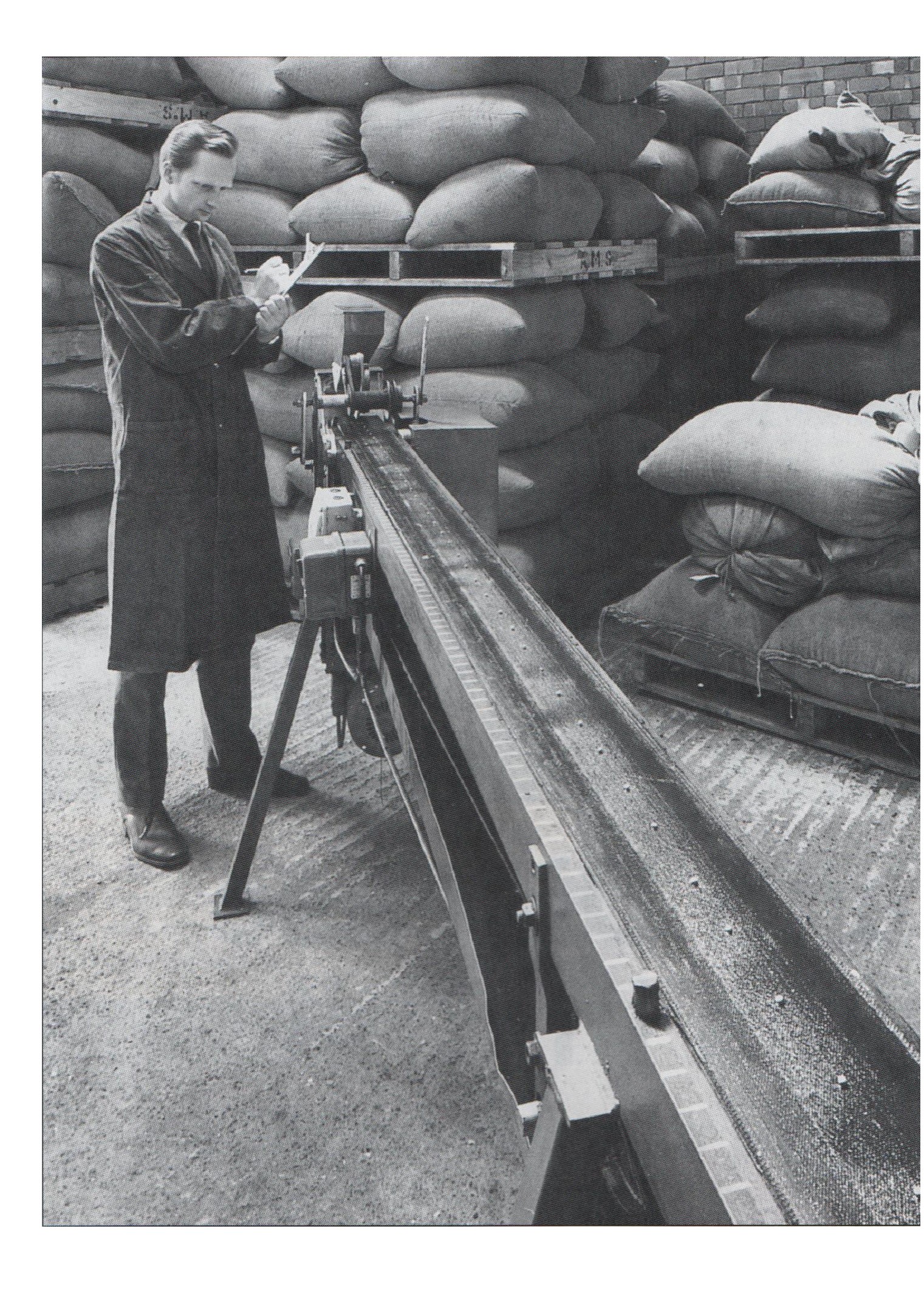
Seed processing manager Gordon Lindsay test sowing
Development of monogerm varieties continued along with production of multigerm seed. In 1966 the first successful monogerm variety AMONO was developed and produced. It was recommended by National Institute of Agricultural Botany (NIAB) for 18 years. Breeding of monogerm varieties was a lengthy process with constant crossing, trialling and testing over a period of 16 years before reaching the market. With monogerm seed it was necessary to improve seed germination and quality. At this point pelleting of the seed was introduced to improve the accuracy of sowing.
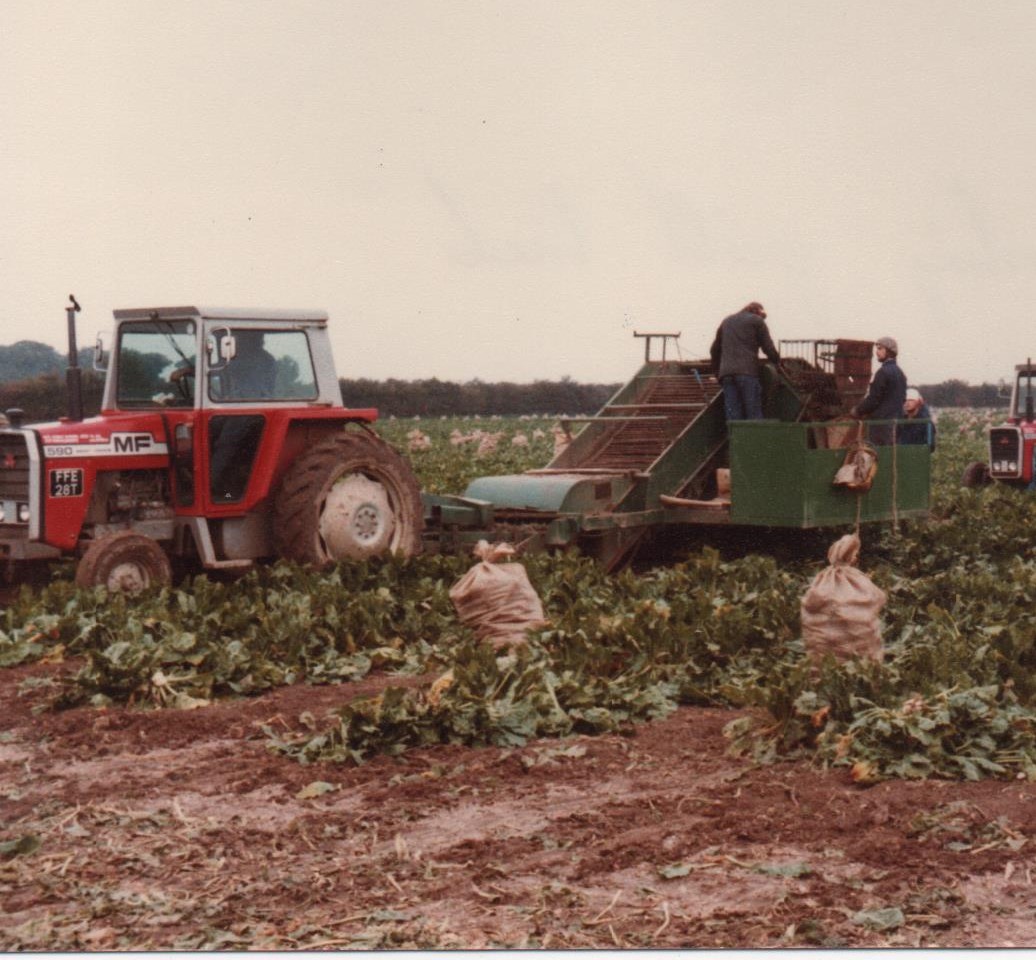
Harvesting yield trials
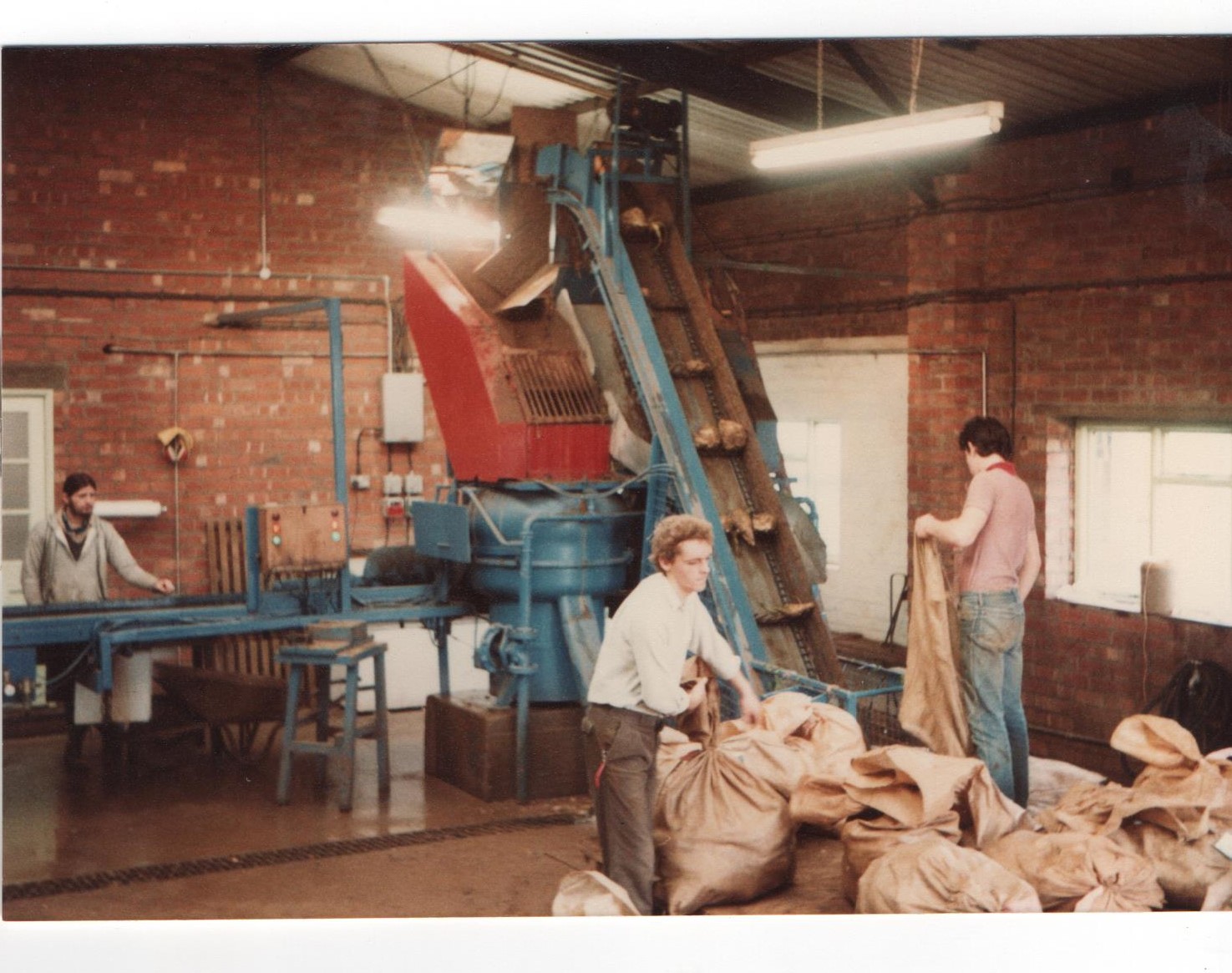
Washing and weighing beet from yield trial
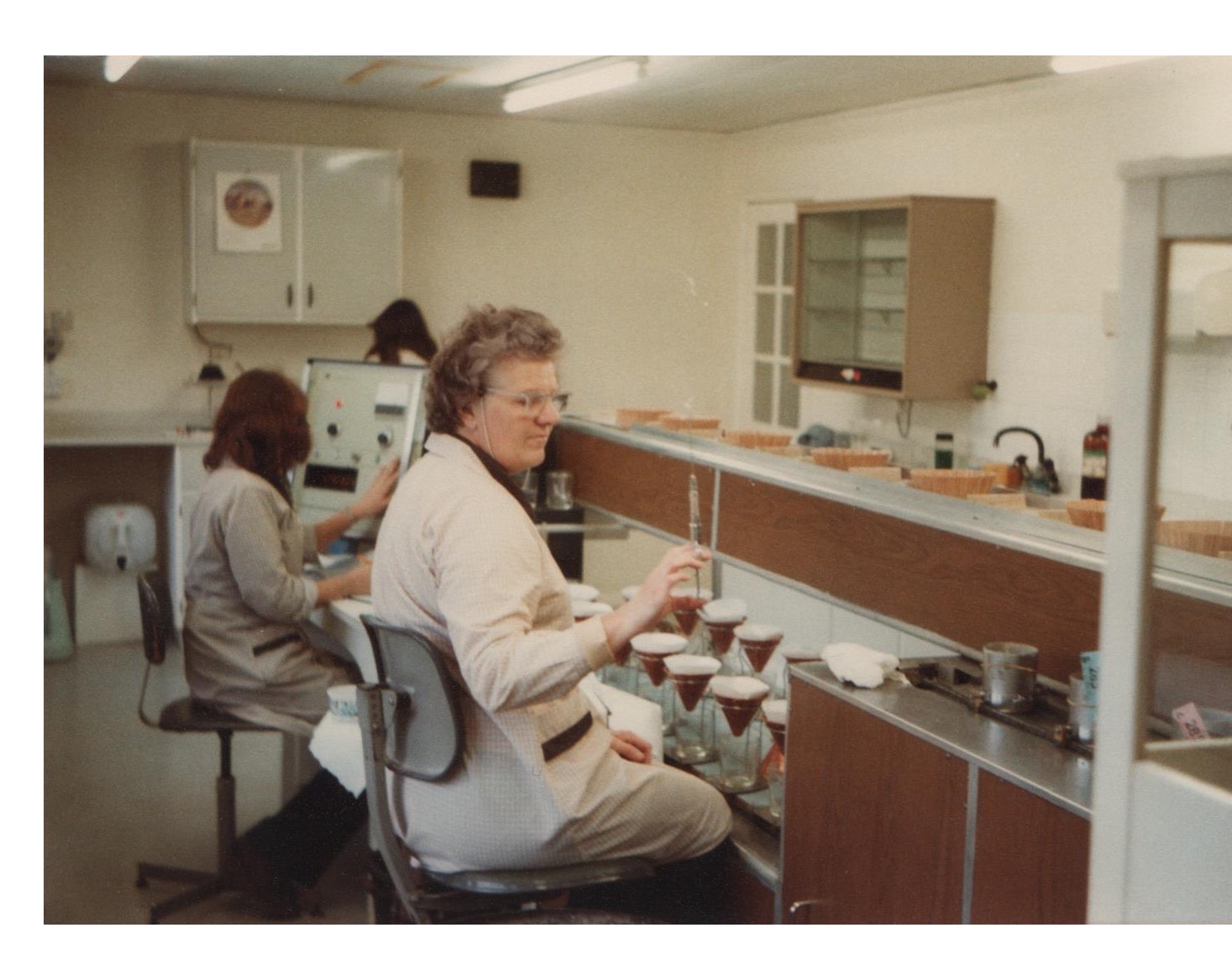
Testing root juice for sugar and purity
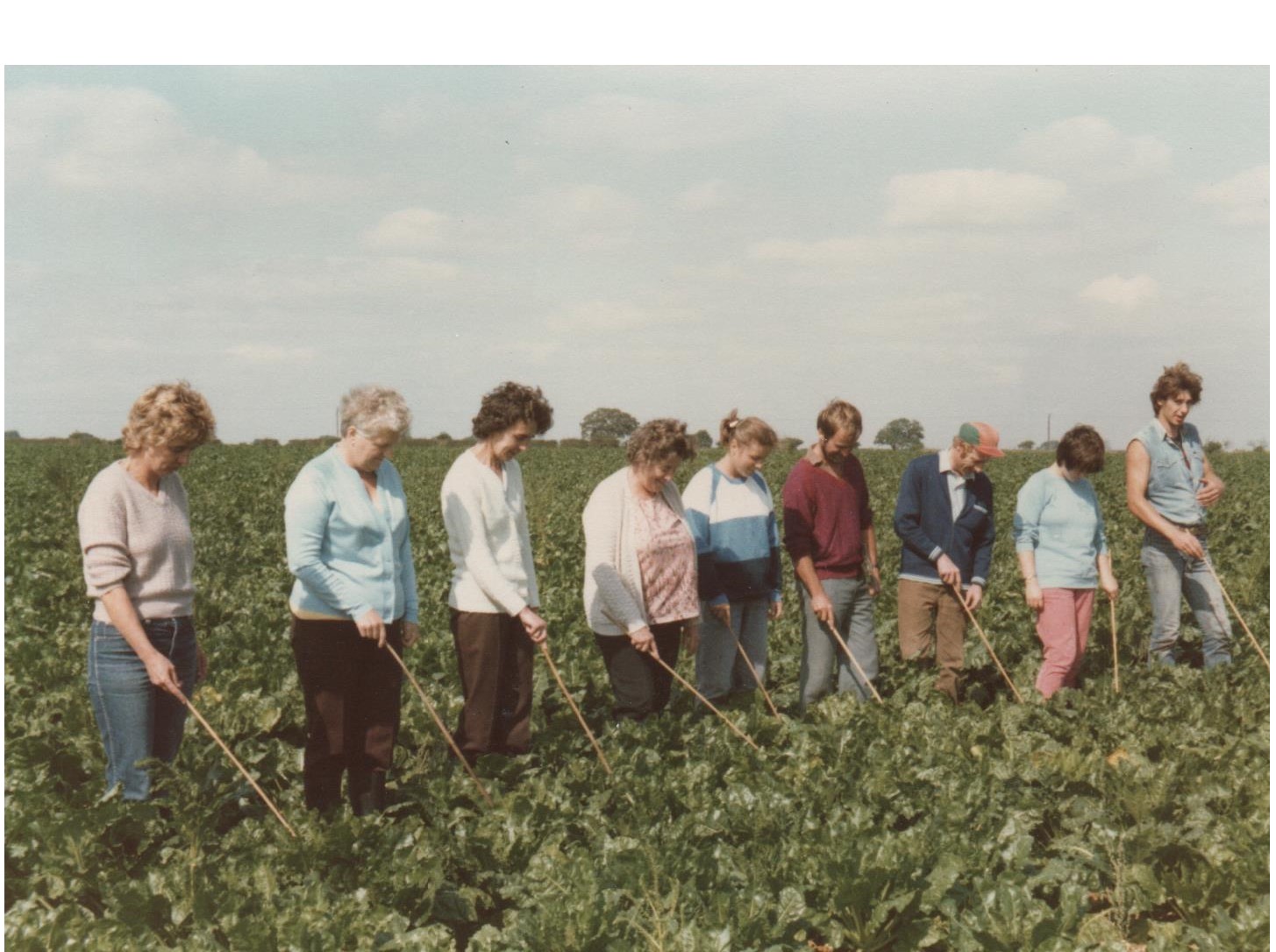
Counting bolters (sugar beet gone to seed)
At this time it was evident that seed crops could harbour diseases such as Virus Yellows which could spread to the root crop, so seed crops were moved away from the beet growing areas. This shift also included moving seed production to warmer climates such as France, Italy and Spain.
The fungus Phoma Beta was found to affect seed quality, so in 1962 it was decided that all seed would be treated by soaking for 20 minutes in a fungicide and a special plant was built to treat the seed. The plant also treated seed on behalf of other companies. But this operation was superseded in 1988 when the fungicide was included in the pelleted seed.
Danisco Seed UK (1983-2001)
In 1971 Dr. Jane Carmichael, Theo Battle’s daughter, joined the Board and took over as M.D. in 1983. At this time DDS became part of a large food group Danisco, and the name Danisco Seed UK replaced the Anglo - Maribo name.
.3e3f1933.jpg)
Dr. Jane Carmichael (M.D. 1983–2000)

Plant breeder Trevor Morris threshing seed plots
The breeding diversified to include oil seed rape, peas and beans but sugar beet seed remained the main focus. However, the sugar beet breeding at Potterhanworth ceased in 1993 and seed production in 2001 as a result of the parent company concentrating breeding in Denmark and seed production in Italy.